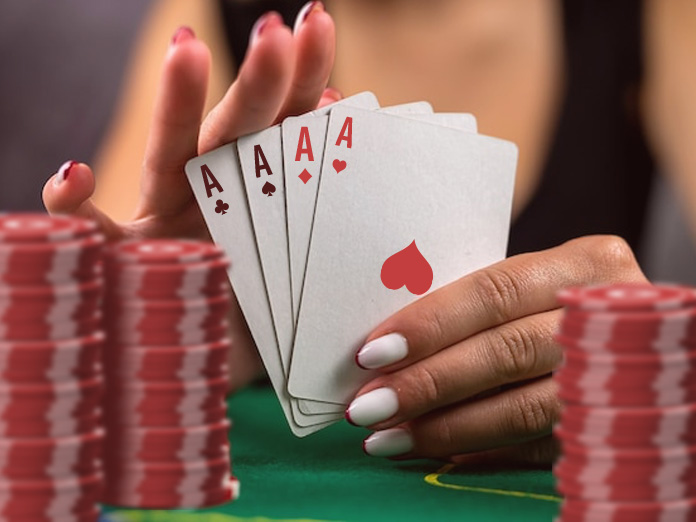The poker table is a place where your decisions can be greatly affected by a very quiet but strong psychological factor called anchoring bias. To ensure that you are able to select the best options, such as those based on facts and figures, in the first few minutes of a game or competition, it is important that you know what this bias is and how to prevent or correct its effects.
What is Anchoring Bias?
The first piece of information encountered by humans is usually over-dependent when determining something; this is what is known as anchoring bias. For example, your initial reaction to an opponent, the results of the first few hands, or even early cues could be the “anchor” for this. After being formed, such anchors may unknowingly affect your other decisions, whereby in many cases, you will tend to favor options that follow or support the initial data.
How Anchoring Bias Manifests in Poker
- Overvaluing Early Hands
- Fixating on Opponent Behavior
- Sticking to Initial Ranges
Winning a large amount in the first couple of rounds could lead you to think that your present game plan is the best one. This would be so even as the circumstances change. On the flip side, not winning may result in an exaggeratedly careful or risk-averse behavior, irrespective of a strong hand being certain.
If a player makes a bluff in the first round, then you might think that he is very aggressive. These reads can create a lasting first impression, which will make you see things wrongly..
Failing to modify your initial hand range for the opponent based on incoming info is a common mistake. It becomes costly when you fail to see some facts that oppose what you thought at first.
Actionable Tips to Counter Anchoring Bias
- Continuously Update Your Information
- Question Your First Impressions
- Use Objective Data
Consider every hand separately. Keep on reviewing the table dynamics, what your opponents are doing, and your own game plan. Your play during the session should not be determined by how it all began.
Consider whether what you are reading at the moment is founded on the latest facts or is tied to an obsolete viewpoint. Challenge your presumptions: search for data that goes against what you believe.
Record hand histories and results. Base your decisions on statistics and probabilities, not on instincts that are tied to previous outcomes. By doing this, you will be able to arrive at better choices since it reduces biased influence.
Why Awareness Matters
The initial phase of lessening the effects of anchoring bias is by acknowledging it. When you consciously assess your choices and gather more facts, then you will not fall on the wrong side that easily in making decisions; this becomes very important for every individual who is looking to master how to play poker at a higher level.
Conclusion
In poker, the way you play may be affected by anchoring bias without you realizing it. This is most likely to happen when the first few hands create your session’s momentum. However, one can enhance their judgment for long-term winnings at PokerCircle by taking into account such biases and making sure to always rely on reason rather than being fooled by initial signals alone.

